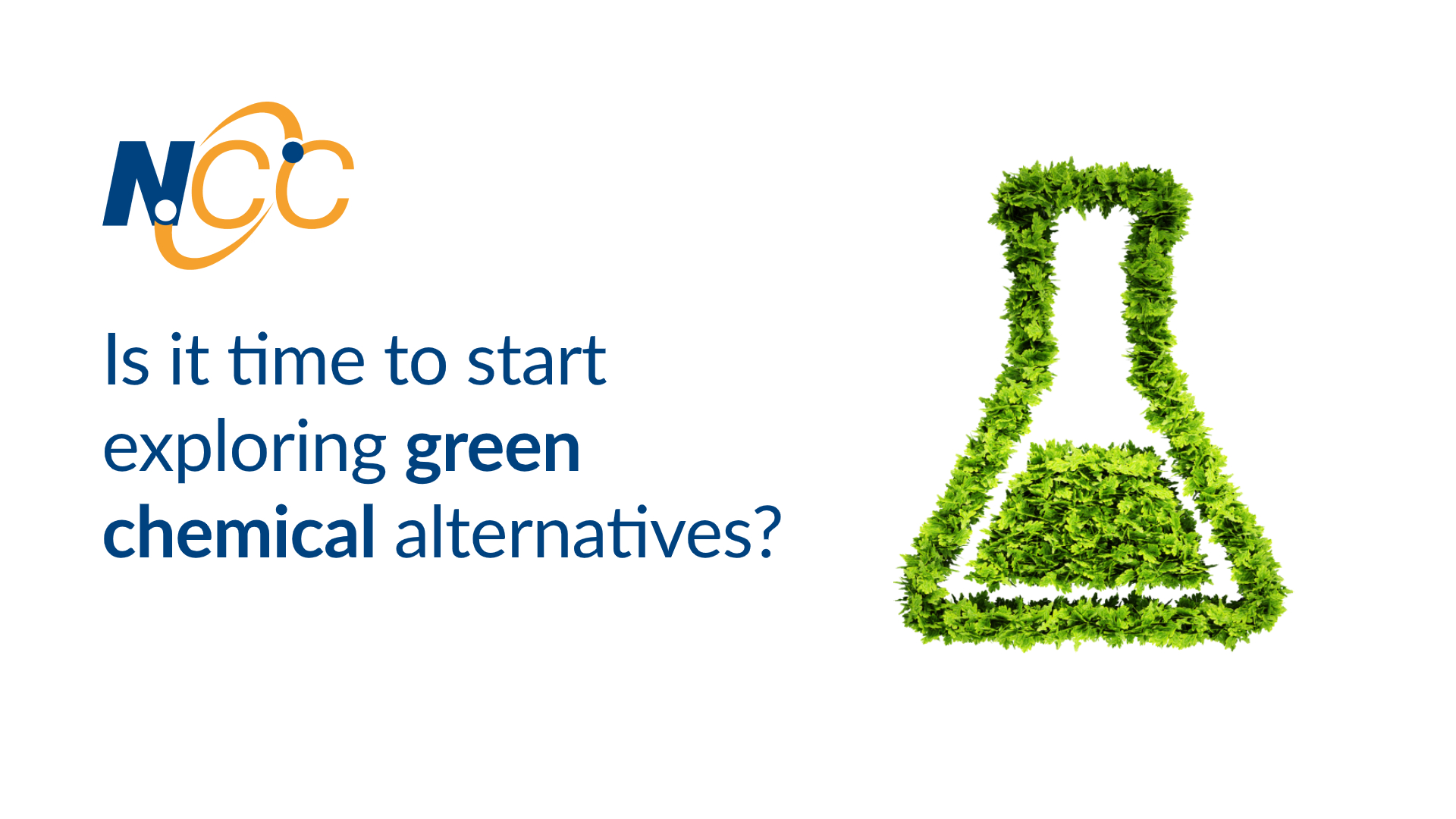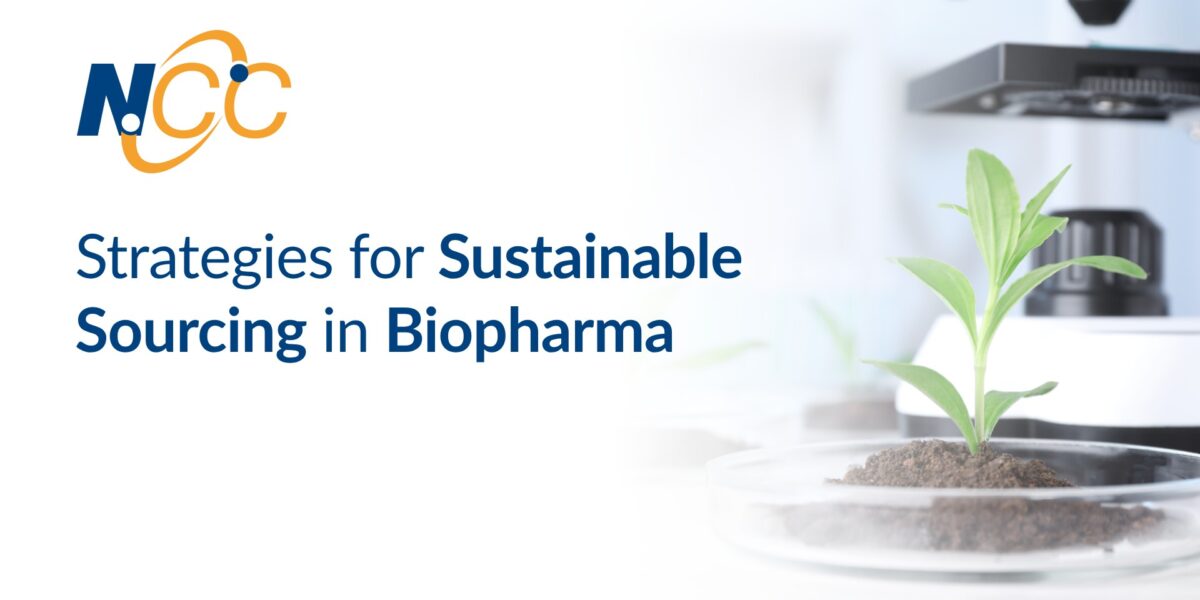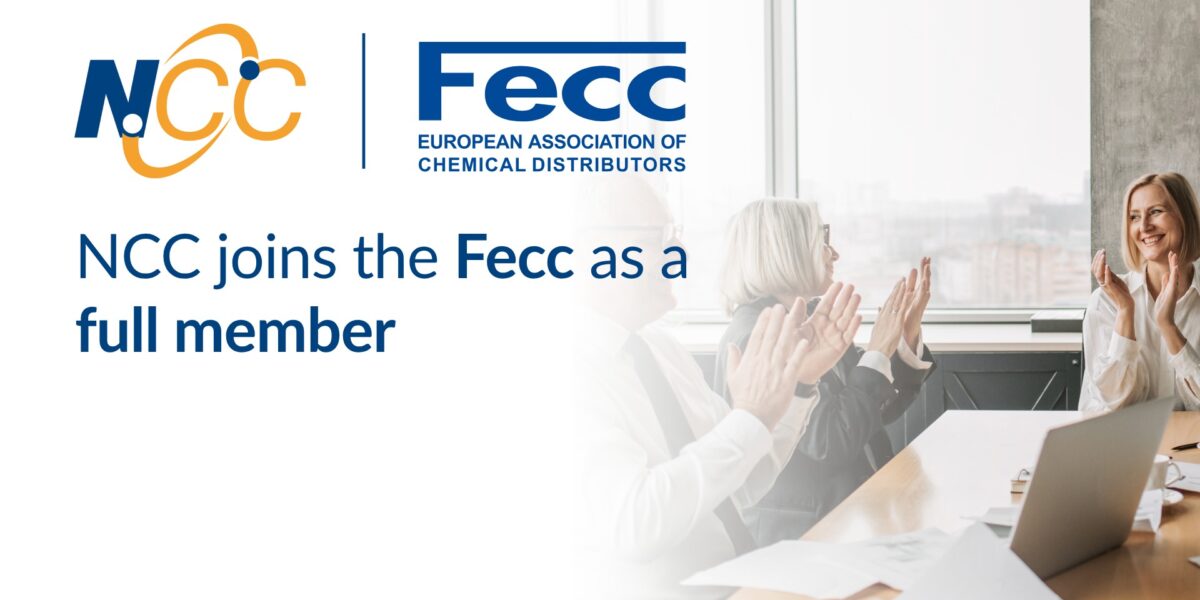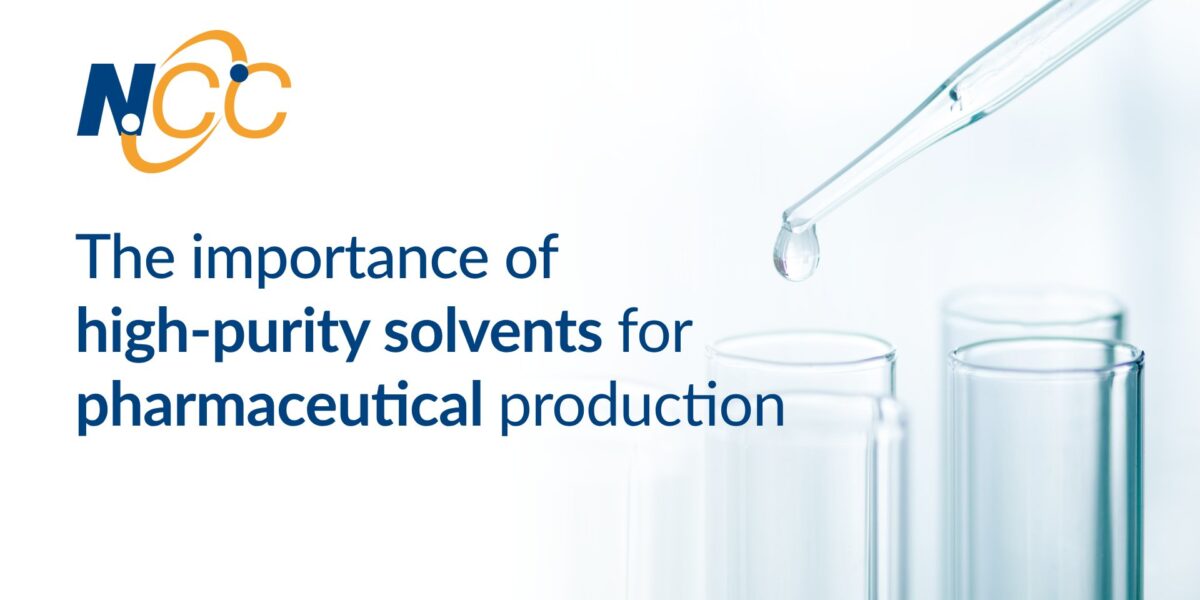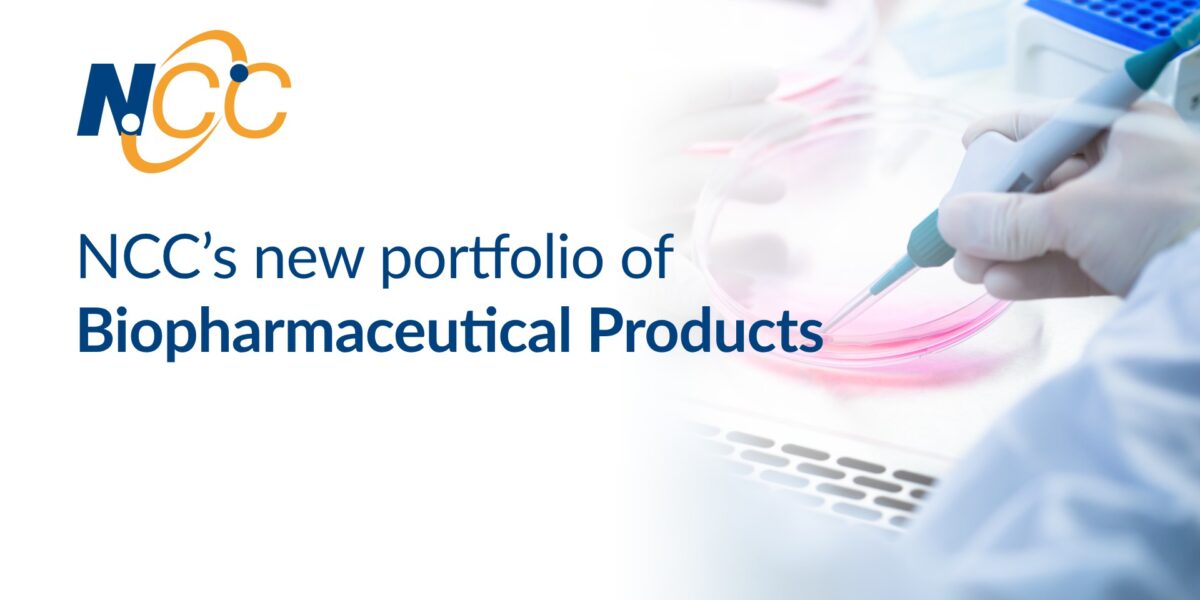Alan Looney, Managing Director, NCC, discusses the response to green chemicals and looks at the potential barriers that exist.
In the last few years there has been a considerable amount of media coverage and discussion as to how we can minimise the damage to the environment and protect it for future generations. In many ways the current pandemic has further highlighted the impact as humans that we have had on our environment. With more people working remotely from their homes as well as not travelling abroad for conferences and holidays, this has resulted in a reduction of air pollution globally.
Regardless of the current situation, the green movement has been driven by environmental challenges such as global warming and increasingly limited natural resources. Where in the past recycling was considered as the responsible thing to do. The focus is now on limiting waste by using biodegradable or renewable alternatives. These efforts are increasingly crossing into all areas of business irrespective of the industry. Regardless of one’s views, limiting the harm that is done to the environment can only lead to a positive outcome for all.
With that in mind, in 2019 we conducted a series of surveys that involved our customers. Two questions that we asked across all industries were;
- “How will suppliers need to adapt or change in the next 5 to 10 years as to meet the requirements of your organisation?”
- “Is your organisation planning to switch to more sustainable raw materials? If so, are there timelines and how can NCC support you to reach those goals?”
Essentially what we were trying to establish was to gauge the interest in what has become known as Green Chemistry. For those not familiar with the term, Green Chemistry according to the European Commission is; ‘…the design of chemical products and processes that reduce or eliminate the use or generation of hazardous substances. Green chemistry applies across the life cycle of a chemical product, including its design, manufacture, and use.’
Responses to green chemistry
The responses that we received from customers to both questions as one might expect was varied, it ranged from;
- That there was a strong desire to source greener or more sustainable products either now or in the near future.
- A team or an individual had been assigned to investigate the options
- It was important, but currently a low priority.
- No current plan.
It was interesting to see how different industries were addressing this challenge. The most positive recognition that green chemicals are something that needed to be looked at came primarily from the industrial sectors. In particular the coatings, road maintenance and water treatment areas.
A green chemical future may be coming sooner than later
It seems that green chemistry is more than likely going to be enforced sooner rather than later. REACH regulation commenced this process as regards to regulating chemicals over 1 tonne. In 2002 the EU committed to sustainability goals; “by 2020, chemicals are produced and used in ways that minimise significant adverse impacts on human health and the environment”, as reported in the ECHA (European Chemical Agency) newsletter in November 2016. To date however, it would seem that this goal was not completely achieved.
If organisations have not already done so, then they should perhaps commence the process of evaluating which chemicals would be candidates for change. Taking steps to source green chemical alternatives now or in the near future will mean that when it’s required that they’ll be prepared. In some cases, this will be a simple enough process of replacing one chemical for another. In other scenarios it might be a lot more complicated. Obviously, there are many factors involved that relate to how easy or difficult this might be. Regardless, taking steps towards a greener future makes sense.
Barriers to green chemistry
Admittedly there are some barriers to moving to green chemistry that exist that we have come across when sourcing green chemicals alternatives for customers, these include;
- Cost – Green chemical alternatives can be more costly than the chemical it is replacing, though not always. If stricter regulation is introduced, then the green alternative may actually be better value.
- Sourcing – Researching and sourcing green chemical substitutes that provide a similar result can sometimes be an easy enough process. In other situations it can be challenging and very time consuming.
- Technical difficulties – There can be unforeseen technical difficulties or that processes may need to be altered so as to get the same result.
- Internal resistance to change – Often the biggest barrier is internal. Human nature is as such that many people don’t like changing the status quo.
If your company is considering utilising green chemicals and requires direction or advice, then we’d be delighted to assist in exploring the options currently available. For further information fill out the form below or contact your NCC contact directly.
